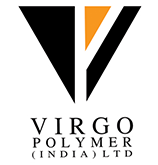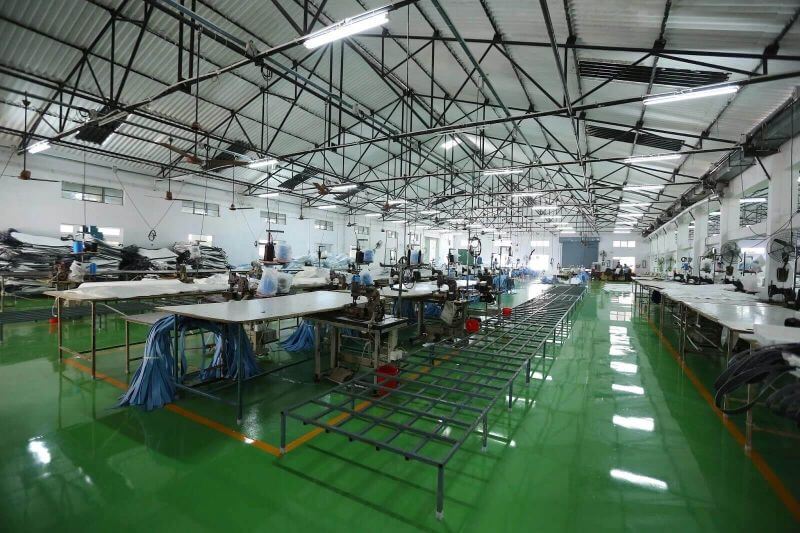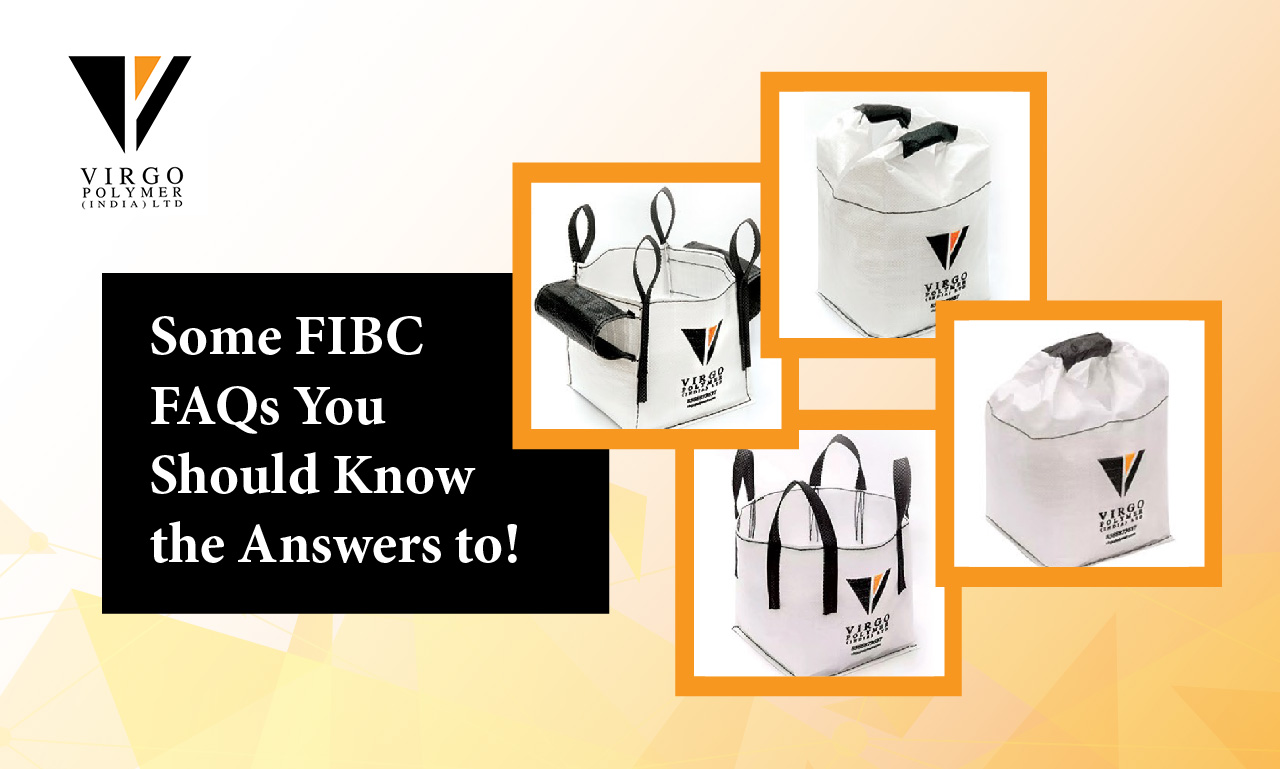



FIBCs or Flexible Intermediate Bulk Containers have been around for several decades. Since the technology used for making these always keeps evolving, adding new types of FIBCs to the mix after every few years, here is a roundup about these containers. The following answers will help you make the right decision regarding the storage and transportation of your goods, so here we go!.
The most commonly stored and transported goods using FIBCs are different types of grains, resins, seeds, powdered materials, cement, clay, etc. Basically, the industries that make most regular use of FIBCs are food, pharmaceuticals, agriculture and chemical industry.
If we go purely by the physical design aspect of the FIBCs, these can be distinguished into four different types. These are:
Circular Bags or Tubular Bags: These bags are shaped in a form of a tube with no vertical seams as they are stitched using a circular loom. These come in different heights and are mostly made out of fabric.
U-Panel Bags: These bags are shaped like a U which is formed by the panel including two opposite sides of the bag along with its bottom.
Four-Panel Bags: These bags are created by sewing together four different pieces of fabric which form the four sides of the bag and attaching it to the bottom panel.
Baffle Bags: Baffle Bags are more a variant of a four-panel or a tubular bag than a whole different type in themselves. These are formed when the four corners of a tubular bag or a four-panel bag are made sturdier by sewing a fabric or other material across them.
You can opt to put a liner on your FIBCs as they can offer antistatic properties to your containers. Apart from reducing static, they also offer another layer of barrier or protection, keeping the stored materials away from oxygen, moisture and UV.
There are two basic types of liners that can be added to the FIBCs. These are: Tubular Liners: These are sometimes heat sealed to the base of the container and are made in the form of a straight cylinder, without any contours or sprouts.
Form-Fit: As the name suggests, these liners are designed so that they take the shape of the container that they are placed in. This means that you will get the complete usage of the space, enhancing both the filling and the discharge process.
The coating that gives coated FIBCs their name is a layer of polypropylene that might be present on the interior or exterior of the bag. Coated FIBCs are also called non-breathable containers and are better for storing and transporting products that need to be protected from moisture.
We hope that these FAQs help to answer some of your queries regarding FIBCs, and help you choose the FIBCs best-suited for your needs. Picking the right FIBC can make a huge difference in the logistics of your business. Speak to us today to see how Virgo Polymer can provide you with the right FIBC solutions to add maximum value to your business.
